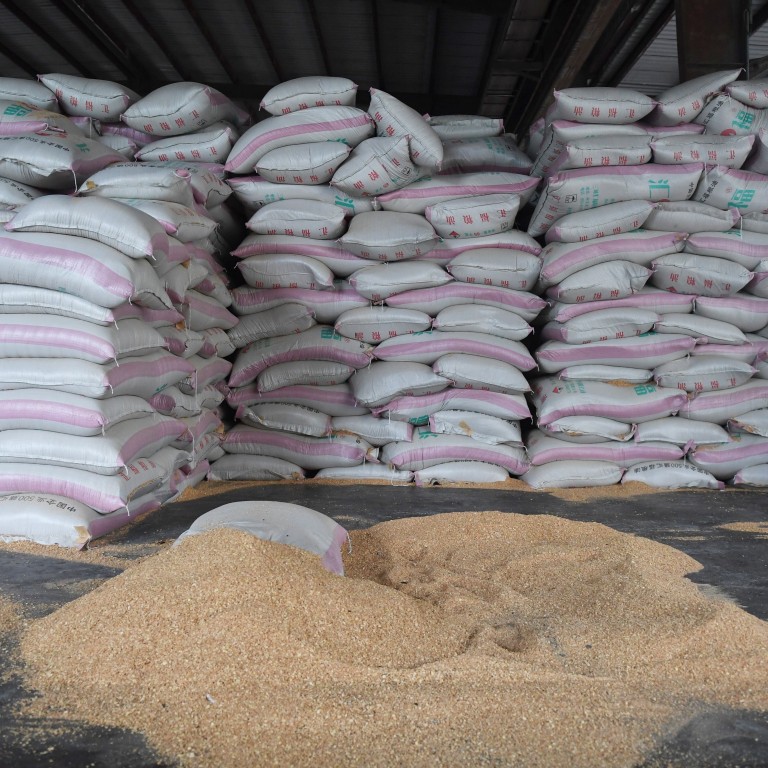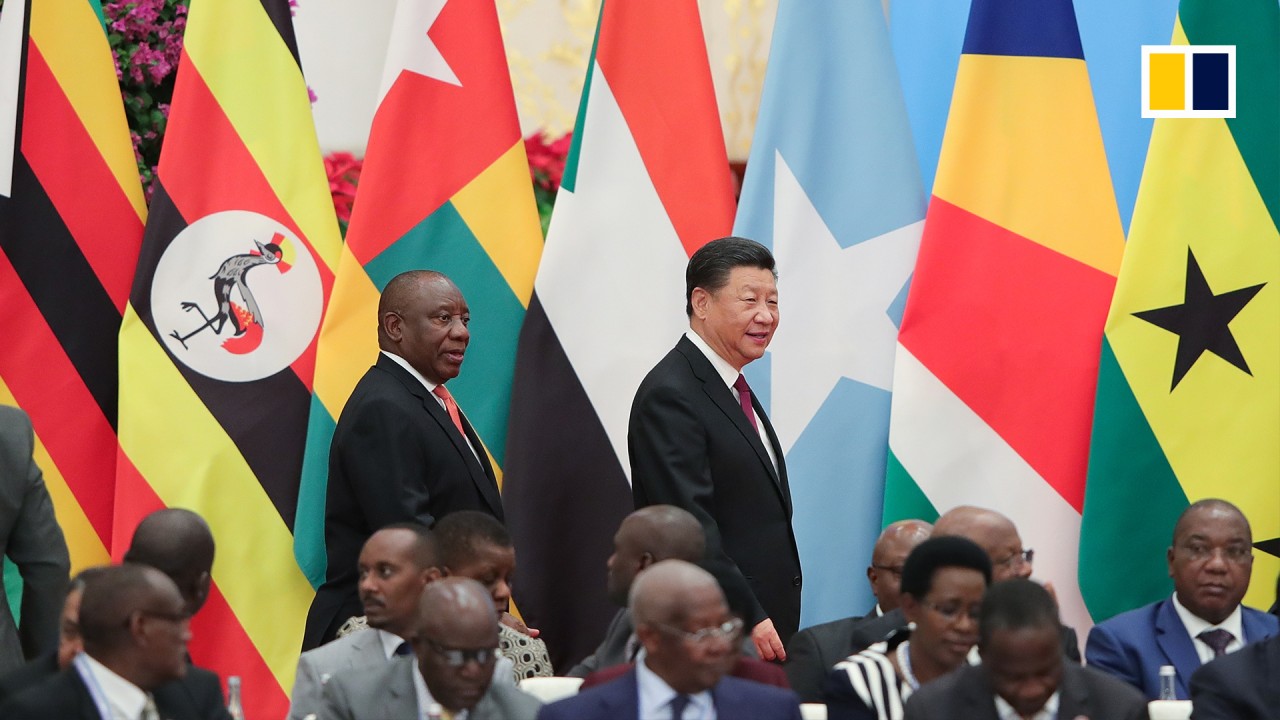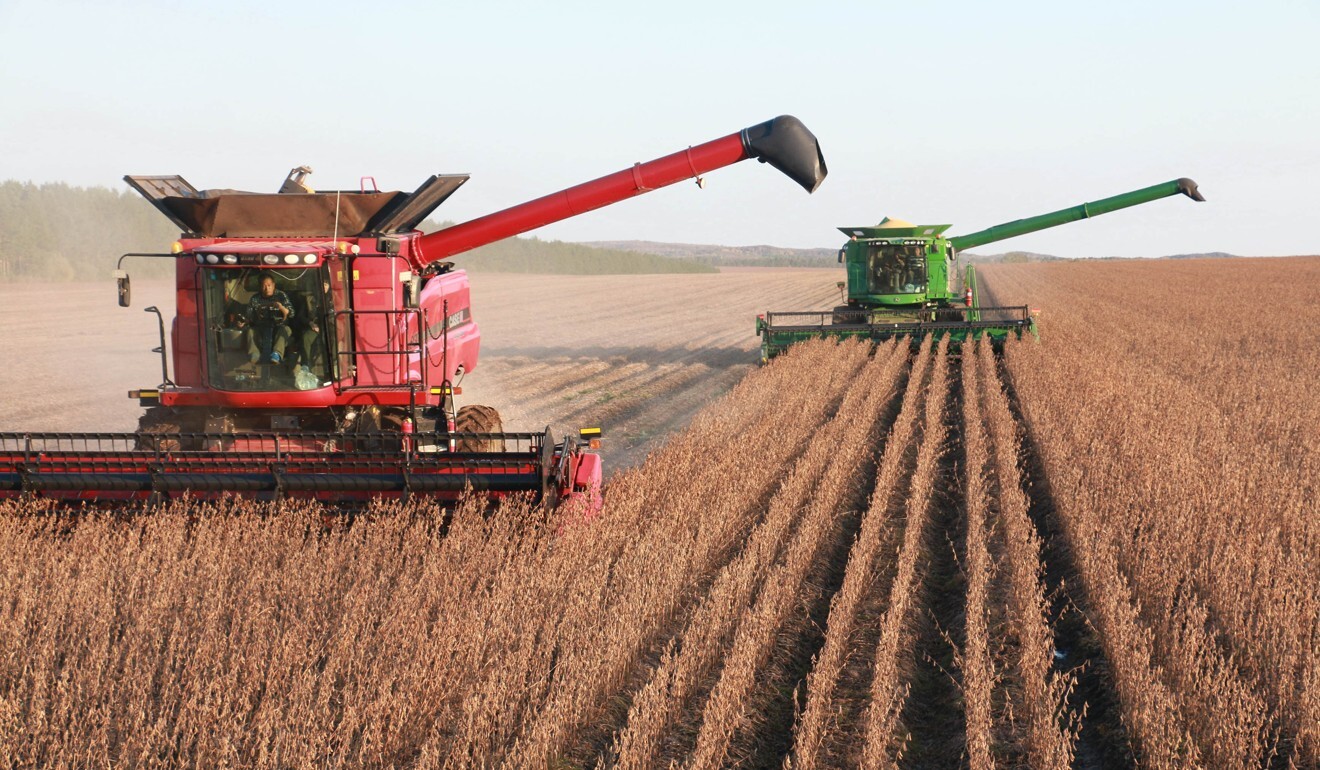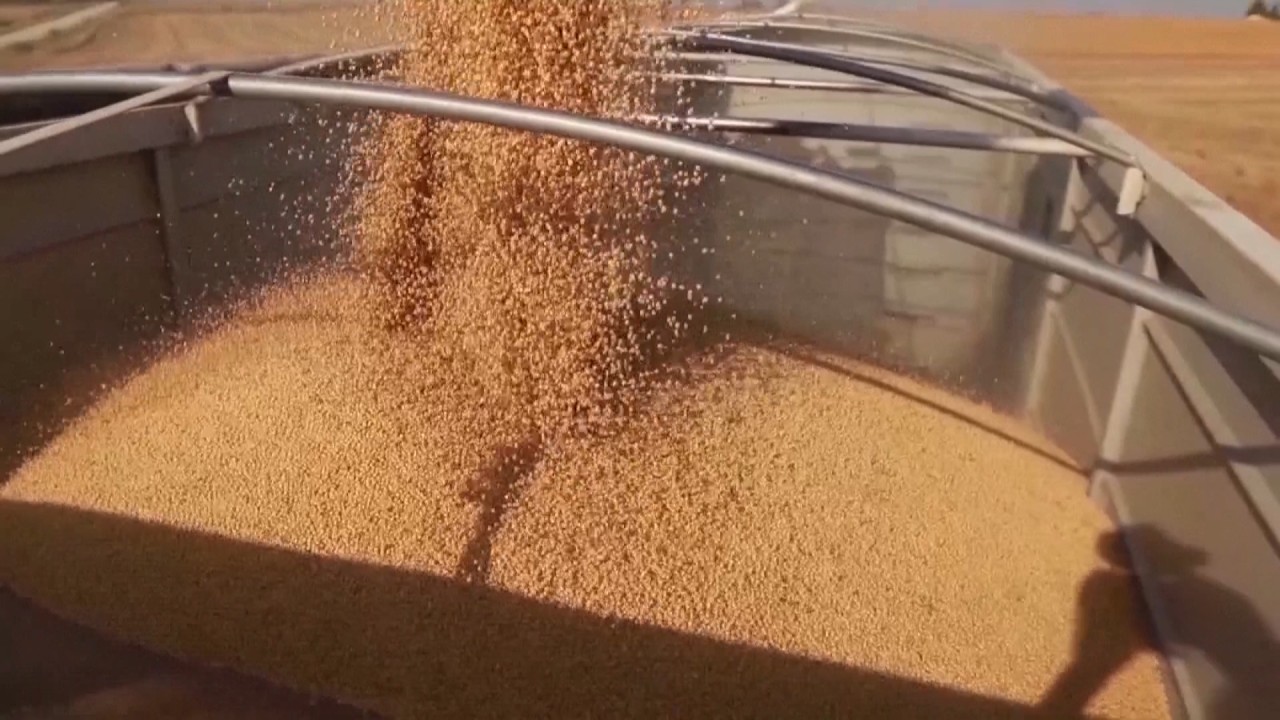
China to start buying soybeans from Tanzania as it seeks new suppliers
- Analyst says the country is trying to reduce reliance on US and Brazil, but African production levels are too low to make a real difference
- It is the latest African nation to sign a deal for agricultural products with Beijing, which has pledged to expand imports
China, the world’s biggest importer of soybeans, is opening its market to Tanzania as it seeks to reduce its reliance on the United States and Brazil for supplies of the oilseed.
Wu Peng, director of African affairs at China’s foreign ministry, said an agreement had been reached on Monday for Tanzania to start exporting soybeans to the country.
“Both China and Africa stand to benefit from stronger trade ties,” Wu added.
At present, China’s imports from Africa are dominated by natural resources such as crude oil, copper, cobalt, iron ore and diamonds, which it buys to meet its industrial and manufacturing needs.
In return, Africa imports machinery, electronics and manufactured consumer goods from China.

02:28
China invests billions in Africa
Tanzania is the latest African nation to sign a deal with Beijing allowing agricultural exports into the country, helping to narrow the trade deficit which has been mostly in China’s favour. Other African countries with such deals include Kenya (avocados, tea, coffee and roses), Ethiopia (coffee and soybeans), Namibia (beef), Botswana (beef and by-products), South Africa (fruit) and Rwanda (coffee).
There is a sizeable trade gap between Tanzania and China. In 2018, China bought goods worth US$393.92 million from Tanzania – mainly sesame, sisal, tobacco and cashew nuts, according to the China Africa Research Initiative at the Johns Hopkins University School of Advanced International Studies. Beijing meanwhile exported goods worth some US$3.59 billion to Tanzania that year.
China calls for ‘soybean industry alliance’ with strategic partner Russia
Mbelwa Kairuki, Tanzania’s ambassador to China, told Beijing-based consultancy Development Reimagined in an interview earlier this month that China was ranked fifth on Tanzania’s export list and it accounted for 3.9 per cent of the country’s total exports.
China is also Tanzania’s top buyer of sesame seeds, accounting for 80 per cent of exports, he said.
“In 2019, we made US$164.5 million from our exports of sesame to China alone,” Kairuki was quoted as saying.

Tanzania’s embassy in Beijing said China’s demand for soybeans was estimated at 103 million tonnes per year – 15 million of which are produced locally with the rest imported.
“Tanzania joins the list of countries that are allowed to capitalise on the huge export soybean market,” the embassy said of the new deal, adding that it “opens up new opportunities for Tanzanian farmers to find a reliable market for the product”.
Soybeans are a key source of protein for animal feed and edible oil in China.
Most are sourced from Brazil, the US and Argentina, and in Africa the only other supplier is Ethiopia, which accounts for a tiny portion of the imports. Other producers in Africa include South Africa, Nigeria and Zambia.
China-Africa arms trade: Zambia largest recipient of Chinese loans for military gear, study says
China bought 9.79 million tonnes of the oilseed in September, up 19 per cent from a year earlier, Chinese customs data shows. Nearly three-quarters of those imports came from Brazil – the biggest producer and exporter of soybeans – while the US supplied 12 per cent, according to S&P Global Platts.
But China is expected to ramp up its soybean imports from the US as part of its commitment under a phase one trade deal to buy at least US$200 billion more in goods and services over two years.

01:57
Soybean farmers in the US among worst hit by ongoing US-China trade war
Mark Bohlund, a senior credit research analyst at REDD Intelligence, said there were signs that African agricultural imports to the Chinese market from countries like Kenya and Tanzania were increasing, but they were still at a very small scale.
“I think it is partly due to China wishing to cut its dependence on soybean imports from the US or Brazil, although the African production levels are too low to make any real difference,” he said.
Charles Robertson, global chief economist at Renaissance Capital, an emerging and frontier markets investment bank, said it was “good economics and politics” for China to buy from Africa.
“It helps Africa pay for the Chinese exports they buy,” he said. “African agriculture could at least double (perhaps quadruple) if output of yields are increased to levels seen in Brazil – and China will be a market for those products.”

